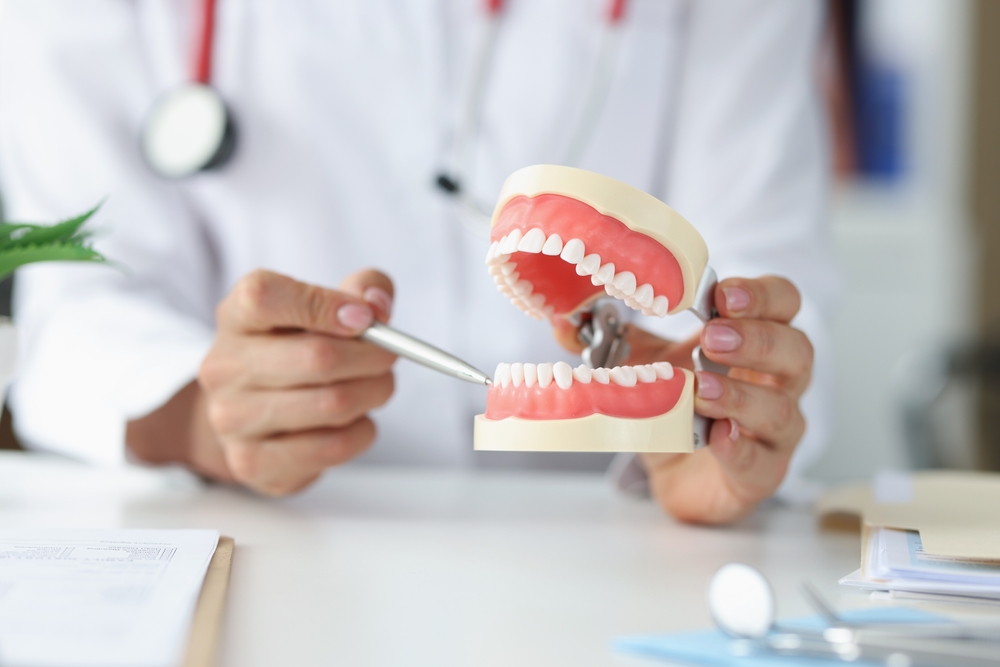As we age, our teeth become susceptible to decay, damage, and other oral health problems. Fortunately, dental restorations like crowns, bridges, and implants can help restore the appearance and functionality of our teeth. However, with so many options available, it can be challenging to choose the right dental restoration. Dr. Liggett offers his professional insights on crowns, bridges, and implants.
Crowns
Crowns are custom-made caps that cover a damaged or weakened tooth. They can be made from a variety of materials, including porcelain, ceramic, metal, or a combination of materials. Dr. Liggett recommends crowns for patients who have significant tooth decay, chips, or fractures. They’re also useful for restoring the appearance and functionality of teeth after a root canal.
Bridges
Bridges are dental restorations used to replace one or more missing teeth. They’re made of two or more crowns that anchor onto neighboring teeth, creating a bridge to fill the gap. Bridges can be made of porcelain, ceramic, metal, or a combination of materials. Bridges are an excellent option for patients who have one or more missing teeth, but aren’t good candidates for implants.
Implants
Dental implants are artificial tooth roots that provide a permanent base for fixed or removable replacement teeth. They’re made of titanium, which fuses with the jawbone, creating a stable foundation for replacement teeth. Dr. Liggett recommends implants for patients who have one or more missing teeth, as they’re the closest option to natural teeth in terms of look, feel, and function.
When it comes to choosing the right dental restoration, Dr. Liggett suggests considering your oral health, lifestyle, and budget. For instance, if you have significant tooth decay or damage, a crown may be the best option. If you have missing teeth and want a permanent solution, implants may be the way to go. Bridges can be a good compromise for patients who want a permanent solution but aren’t good candidates for implants.
In conclusion, choosing the right dental restoration requires careful consideration of several factors. Crowns, bridges, and implants can all help restore the appearance and functionality of your teeth, but they each have their own unique benefits and drawbacks. That’s why it’s essential to consult with a qualified dentist like Dr. Liggett, who can help you make an informed decision about which dental restoration is right for you.


